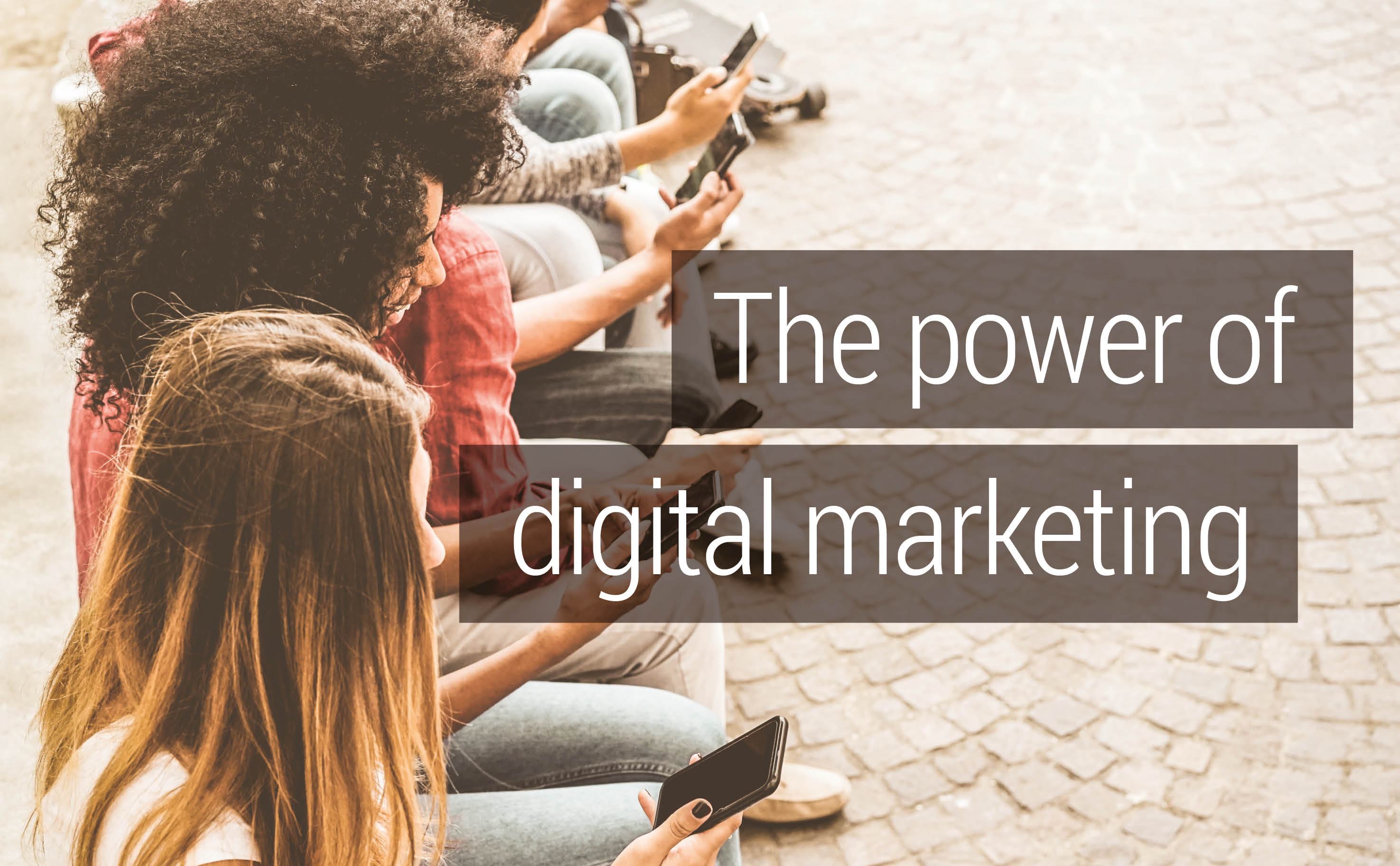15% off eLearning, up to 20% off live virtual classroom - use code: EARLY2504UK
4 August 2020 | Updated on 6 January 2025
Why digital marketing should be at the top of your priority list
With the huge impact that the coronavirus pandemic has had across the globe, causing the vast majority of us to rely on the internet for everything from our weekly shop to our entertainment calendars,...

With the huge impact that the coronavirus pandemic has had across the globe, causing the vast majority of us to rely on the internet for everything from our weekly shop to our entertainment calendars, digital marketing is no longer the preferred way to advertise, it’s the only way.
We now spend a quarter of our waking day online, with a massive 76% of us saying that we now spend more time on our phones, and 47% spending more time online shopping. For those working in marketing, this ever-growing online audience is right at your fingertips, and it can only be harnessed by sophisticated digital marketing efforts.
There are two main areas of digital marketing that stand out as key areas all businesses should be focussing on in the next few years: content marketing, and personalisation, or targeted marketing.
Content marketing
It’s no secret that great content is crucial to marketing – creating blogs, videos, downloads, podcasts, or anything that your audience can engage with is a huge factor in establishing your online presence, building your brand, and generating and maintaining interest among new and existing customers. 69% of B2B marketers have a documented content strategy, and video marketing alone accounts for a huge portion of online advertising, with 87% of marketers using it as part of their strategy, and 54% of consumers wanting to see more of it from the brands they love. Remember that ever-growing online audience we mentioned? Put into context, YouTube alone has six billion users each month.
Another area where content marketing can benefit you is SEO – search engine optimisation. SEO helps you understand how people are searching for your brand through search engines such as Google and Bing. The higher your ranking, the higher up the search page your brand is appearing. Around 64% of marketing teams actively invest time in SEO, and as of June 2019, a staggering 94% of internet searches happened on a Google property. With an estimated global population of 4.57 billion active internet users, investing time and money in creating content like blog posts, that can be optimised to maximum search engine visibility, is fast-becoming one of the most important and effective ways of increasing your business’ presence online.
Personalisation
It may seem common sense, but reaching the right audience is at the heart of successful marketing. Knowing who this audience is and what they like will help you create a more personalised message that your customers feel applies to them, ultimately making your strategy more effective and worthwhile. Take email marketing, for example – as of this year, message personalisation is the number one tactic used by email marketers to improve performance. The list of advantages that personalisation provides goes on, with brand building and lead generation being at the top of the list of key benefits marketers have seen realised as a result of analysing customer data.
Aside from simply being beneficial to business, targeted marketing is now something that a) companies are actively investing time and money in, and b) customers are coming to expect. 85% of marketers think their customers expect a personalised experience, and in research conducted by Liana Technologies, 70% of companies reported that better-targeted customer communication was the most important benefit of using automation technology.
There are, of course, many other crucial areas of digital marketing that can positively affect your business other than the two listed here, but the message is simple: the blanket approach of ‘appealing to all’ is no longer enough. Digital marketing strategies now need to pay very specific attention to using data to maximise marketing efforts, creating more relevant and engaging content, and a more personalised experience for customers that will increase conversion rates and optimise spending.
There’s no better place to start than from within, either upskilling yourself, or investing in training for your team (or both!). Fortunately, ILX has a range of digital marketing courses, including Digital Analytics, Advanced Web Analytics, Social Media Marketing, Content Marketing and Search Engine Optimization (SEO), to help get you started. Have a browse now, or contact a member of our team for more information.